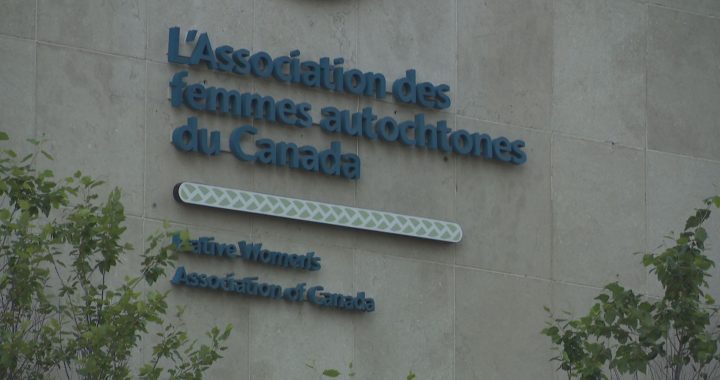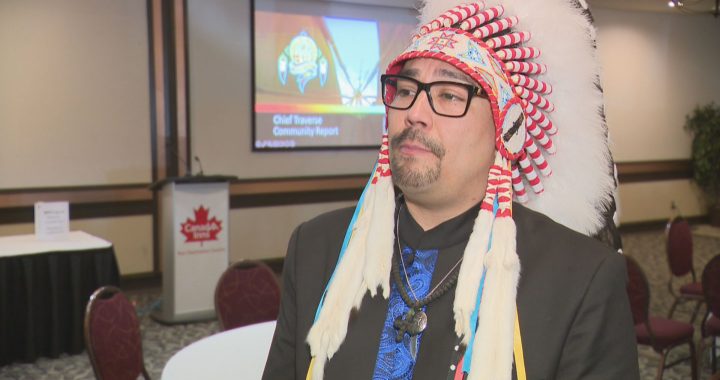Ottawa and a group representing police chiefs across the country announced Wednesday they will begin collecting and reporting statistics on the ethnocultural background of victims and accused in crimes.
The announcement from Statistics Canada and the Canadian Association of Chiefs of Police (CACP) comes after several protests and incidents of police brutality emerged across the country.
Stuart Betts, deputy chief of CACP, said the discussion of collecting race-based data resurfaced following the police killing of George Floyd in the U.S.
“Without data on either side, we are relying on perceptions, we’re relying on anecdotes and you know, there’s a margin of error in those discussions,” said Betts.
“I think truly the time is here that we need to put aside old suspicions about why we are collecting this data and that we look at it as a means by which we can carve a path forward to truly make appropriate decisions and where needed, we course correct.”
With the exception of provincial offences and mental health interactions, all criminal occurrences that are reported to police would also be reported to StatsCan with race-based data.
This would include substantiated reports of sexual assault and information about victims of crime.
The most recent data on missing and murdered Indigenous women and girls comes from a 2014 RCMP report – one that was challenged during the MMIWG inquiry.
Native Women’s Association of Canada President Lorraine Whitman says the announcement is progress.
“With the national inquiry there were 231 calls for justice and this is part of it. Now, I am seeing some movement, some action and I’m sure that the families will be very pleased that at least that we are starting to do action and it’s not all words,” said Whitman.
“These are the people that we really need to support, they gave their stories, testimonies with the inquiry, they had hope and now this is a little bit of hope because we’re seeing movement. I am seeing movement and we can be involved and included in some of the process for change.”
Prof. Akwasi Owusu-Bempah, a criminologist at University of Toronto, says the news is positive but must be met with caution.
“I am very excited about this announcement, but the announcement must be taken with caution and the government must do this properly. I think there have been concerns expressed by a number of people that this announcement has come at this point in time and with the involvement of the Canadian Association of Chiefs of Police because they are trying to divert attention away from issues of system racism and systemic discrimination,” he said.
“If surface level data is released showing racial differences in stops and in arrests, then that could be used to support discriminatory policing practices. So, we really need to have comprehensive data that is collected and released and ideally, we would ultimately be able to connect that data to other social institutions too.”
Owusu-Bempah said a view of criminal issues is limited without the collection of race-based information regarding housing, child welfare, the education system and to the extent possible, from employment sectors.
Betts said collaboration between StatsCan, policing organizations and communities is at the invitation stage, and questions around how information will be collected and shared still have to be discussed.









